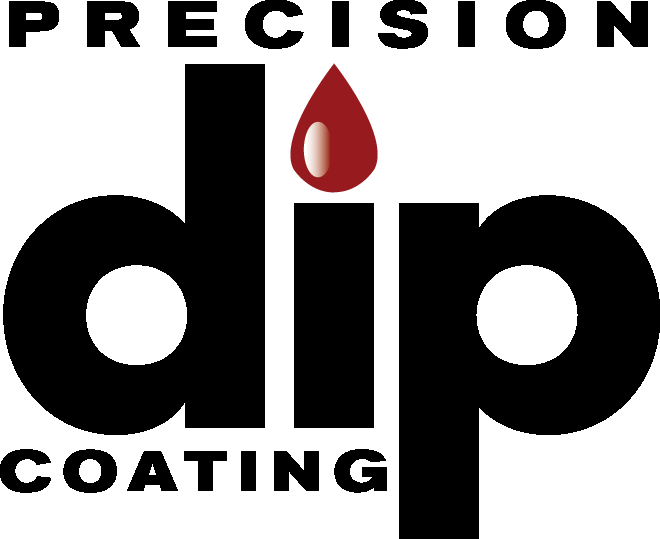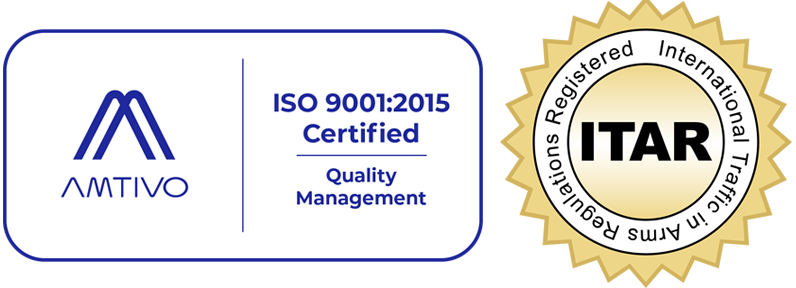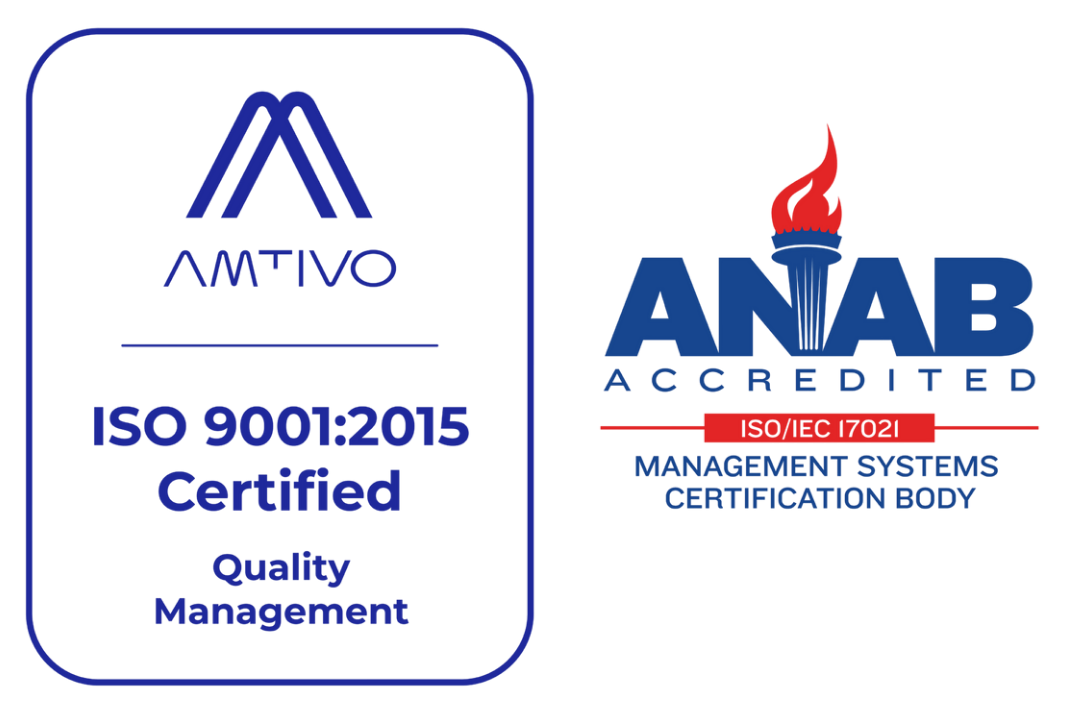Powder Coating FAQ: Answers to Your Most Common Questions

Powder coating is a versatile, durable, and eco-friendly finishing process that offers exceptional results for a wide range of applications. Over the years, we’ve encountered a variety of questions from our customers, so we’ve compiled this comprehensive FAQ to address your most common concerns and provide you with the information you need to make informed decisions about your coating projects.
1. How long will powder coating last?
Powder coating is known for its exceptional durability, with most applications lasting 15–20 years under normal conditions. Longevity depends on several factors, including proper surface preparation, the choice of materials, and the environmental conditions the coated item will face. Coatings exposed to UV light, extreme temperatures, or corrosive environments may require special formulations to maintain their integrity over time.
2. What colors can I choose for powder coating?
Powder coating offers nearly unlimited color options. Whether you need a standard color or a custom match, we can pigment most coatings to meet your exact requirements. Many customers choose colors from established systems such as RAL, Pantone, or MIL-SPEC, ensuring consistency across projects. Additionally, we offer special finishes such as metallic, textured, or iridescent effects to create a unique look for your products.
3. Is powder coating better for indoor or outdoor applications?
Powder coatings are highly durable and perform well in both indoor and outdoor settings. However, the type of coating used matters:
Special formulations, such as UV-stable epoxies, can improve the performance of coatings in challenging outdoor environments.
4. What sizes of products can be powder coated?
Powder coating is incredibly versatile, allowing for the coating of products in almost any size. At Precision Dip Coating, we are equipped to handle a wide range of product dimensions. Our facility includes custom-designed equipment that can be adjusted to accommodate large or unusually shaped items, ensuring a seamless coating process regardless of your project’s requirements.
5. What materials can be powder coated?
Powder coating is primarily used on metal due to the electrostatic process and heat curing involved. However, advancements in technology now allow for the coating of non-metal materials such as wood, plastics, and glass. Specialized coatings, like Halar or UV-curable powders, make it possible to coat these more sensitive materials while maintaining excellent adhesion and durability.
6. Is powder coating safe?
Yes, powder coating is one of the safest and most environmentally friendly finishing methods available. Powder coatings are non-toxic, free of volatile organic compounds (VOCs), and generate virtually no waste. This makes them a sustainable choice for a variety of industries, including medical equipment, food service, and consumer goods. Additionally, the absence of harmful solvents and residues makes powder coating safer for workers and end users alike.
7. How thick is powder coating?
The thickness of powder coatings varies depending on the application method and the material used:
These options allow for precise control over the thickness, ensuring optimal performance and appearance for each project.
8. How do I choose a powder coating material for my project?
Selecting the right powder coating material depends on several factors:
Our team at Precision Dip Coating has decades of experience and can guide you in choosing the best material for your project.
9. Do I need to do anything special to prepare my products for powder coating?
Proper preparation is essential to achieving a high-quality, durable finish. At Precision Dip Coating, we handle all preparation in-house to ensure your parts are ready for coating. This includes:
By controlling the preparation process, we guarantee superior results for every project.
10. What special effects and finishes are available with powder coating?
Powder coating isn’t just about durability; it’s also about aesthetics. We offer a variety of special effects and finishes, including:
These customizations allow you to tailor the appearance of your product to meet both functional and visual requirements.
11. Why should I choose Precision Dip Coating?
At Precision Dip Coating, we pride ourselves on offering comprehensive powder coating solutions tailored to your needs. From professional application techniques like electrostatic spray and fluidized bed coating to in-house preparation and custom equipment design, we handle every aspect of your project with precision and care. Our ISO 9001:2015 certification ensures that you receive consistent, high-quality results every time.
Ready to Get Started?
If you have more questions about powder coating or are ready to start your project, contact Precision Dip Coating today. Our team of experts is here to help you choose the best materials, finishes, and techniques to meet your needs. Let’s work together to create durable, beautiful, and high-performing solutions that exceed your expectations!







